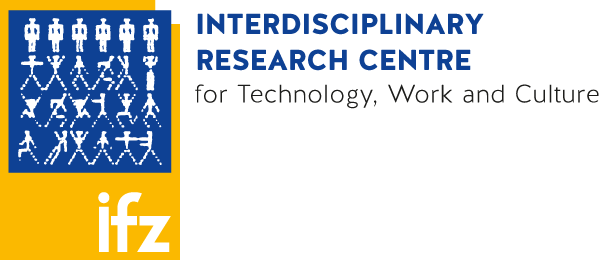Building Softskills - Qualification Network Human Sciences and Construction Technology
The project Gebäudesoftskills (Buildingsoftskills) aims to both clarify complex interactions between the built environment and human needs and to complete and crosslink the established know-how of building experts with the knowledge of human sciences.
Client
FFG Qualifizierungsnetze
Duration
2017-2018
Partner
- Donau-Universität Krems (Projektleitung)
- Technologisches Gewerbemuseum TGM
- IBO – Österreichisches Institut für Bauen und Ökologie GmbH
- Paracelsus Medizinische Privatuniversität Salzburg
- Technische Universität Wien
- 3D CONSULT
- Bartenbach GmbH
- Baubiologisches Institut Österreich
- Biohirsch
- BJ Consulting
- BLUESAVE Consulting GmbH
- BTI Bautechnisches Institut GmbH
- conviva GmbH
- ecoplus
- Technisches Büro Ing. Gerhard Eder W. Geischläger GmbH
- Johann GERSTMANN Ingenieurbüro
- Ing. Peter Groiss – Sachverständigenbüro Hartung Architekturbüro
- Heimerl e.U.
- Hirschmugl KG
- Internorm International GmbH
- Light Innovations & Consulting DI Martin Kurz LINKBIT GmbH
- OE-Tronic Handels GmbH
- Österreichischer Kachelofenverband
- Mag. art. Tatjana Salomon
- Schlotterer Sonnenschutz Systeme GmbH BM Winfried Schmelz
- Ingenieurbüro Ing. DI(FH) Peter Schoderböck, MSc
- Arch DI Winfried Schuh
- TRIGONplan Planungs- und Beratungsgesellschaft für Landschaftsökologie und Technischen Umweltschutz GmbH
- VELUX Österreich GmbH
- Michael Winkler, Unternehmensberatung und Tischlerdienst
In three project phases – unfolding, knowledge-transfer and networking – and implementing the methodology of lifelong learning a tailored and direct transfer of know-how between business employers and researchers will be facilitated. Thereby, new competences and innovative business ideas are promoted, and different partners from science and economy are interlinked.
Expected project-results
- Know-how transfer – as part of the project a targeted and tailored knowledge-transfer between both human sciences and construction technology and between research and economic partners will occur.
- Increase in competence and creativity – by virtue of the higher qualification levels of the project partners new application and service possibilities are enabled and further demand for research is identified.
- Cooperation and interdisciplinary networks – the establishment of networks and cooperation between business companies and scientific institutions, which have been working on issues and fields considered unrelated up till now.
- Development of an interdisciplinary communication and knowledge platform – through the development of a shared knowledge and communication platform, the foundation for a continuous expansion of expertise is laid.
Approach
Research Topic
